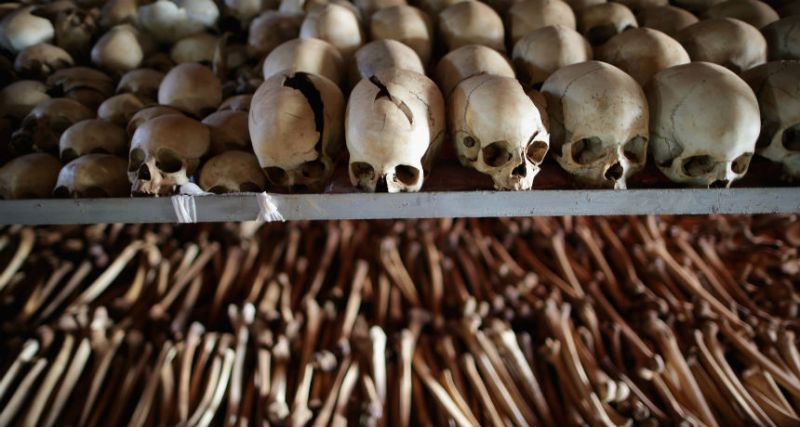The world of letters and theater mourns. Franco-Beninese writer and playwright José Pliya passed away on Saturday, April 12, 2025, in Miami, USA, just days before his 59th birthday. His sudden passing leaves a significant void in the Francophone cultural landscape, both in Africa and the Caribbean, regions to which he was deeply connected. He was also the son of a prominent figure in Beninese literature, the renowned writer Jean Pliya.
Born in Cotonou on April 17, 1966, José Pliya thus belonged to a lineage of committed intellectuals. He was much more than just an author; he was a builder of cultural bridges, a passionate man who dedicated a large part of his life to forging lasting links between the shores of the Atlantic. His “love affair” with the Antilles began in 1998 when he was appointed director of the Alliance Française in Dominica. It was a land where he immediately instilled a new dynamic, notably creating a weekly workshop that allowed many local talents to blossom and refine their skills on stage.
From Dominica to Guadeloupe: A Constant Caribbean Commitment
His impact in Dominica did not stop there. José Pliya spearheaded the creation of the island’s first Franco-Creole theater festival in 2001, during the International Day of La Francophonie. This event not only highlighted the richness of Creole culture but also opened doors for collaborations with professionals from Paris and Martinique, propelling the Dominican theater scene onto the regional map.
Pliya’s commitment to promoting Caribbean cultures further materialized in August 2003 with the founding of “ETC_Caraïbe,” an ambitious association dedicated to showcasing theatrical writings from the region. He served as its artistic director until 2004, before taking on new responsibilities in Martinique as the academic delegate for arts and culture.
His journey then led him to Guadeloupe, where he brilliantly directed L’Artchipel, the national stage, from 2005 to 2015. During this decade, he initiated innovative artistic projects such as “Nouvelles Ecritures Scéniques” (New Scenic Writings) and “Mythologies actuelles de Guadeloupe” (Current Mythologies of Guadeloupe), contributing to the emergence of new voices and a contemporary reinterpretation of Guadeloupe’s cultural heritage.
In January 2016, José Pliya chose to settle in Marseille, within a nationally subsidized company, continuing his creative work and commitment to theater.
Recognition of his talent was marked by numerous distinctions, including the prestigious Prix du jeune théâtre (Young Theater Prize) from the Académie Française in 2003 for his play “Le Complexe de Thénardier” (The Thénardier Complex) and his entire body of work. A rich collection of around twenty published plays, translated into several languages and performed on the stages of the world’s major capitals, testifies to the universality of his themes and the power of his writing. In 2022, France elevated him to the rank of Chevalier des Arts et des Lettres (Knight of the Order of Arts and Letters), a just reward for his invaluable contribution to Francophone culture.
A Man of Theater at the Heart of Cultures
In Benin, his country of origin, José Pliya had held the position of advisor for arts and culture to President Patrice Talon since May 2023. Prior to that, he directed the National Agency for the Promotion of Heritage and Tourism Development (ANPT), playing a key role in the ambitious memorial tourism program initiated by the Beninese head of state since 2016.
A professor of modern literature by training, José Pliya’s theatrical work is distinguished by its exploration of profound and universal themes, often featuring solitary individuals in search of identity and confronted with the uprootings and changes of the contemporary world. Plays such as “Cannibales” (Cannibals) and “Monsieur, Blanchette et le Loup” (Mister, Blanchette and the Wolf) have left a lasting impression and continue to be performed worldwide.
The passing of José Pliya is an immense loss for African literature and the Francophone theater scene as a whole. His passionate commitment to culture, his ability to build bridges between peoples, and his writing talent will leave a lasting imprint. He will be remembered as a visionary cultural figure, an indefatigable craftsman of dialogue, and a fervent advocate for the richness and diversity of Francophone expressions, thus perpetuating the family literary heritage initiated by his father, Jean Pliya.



